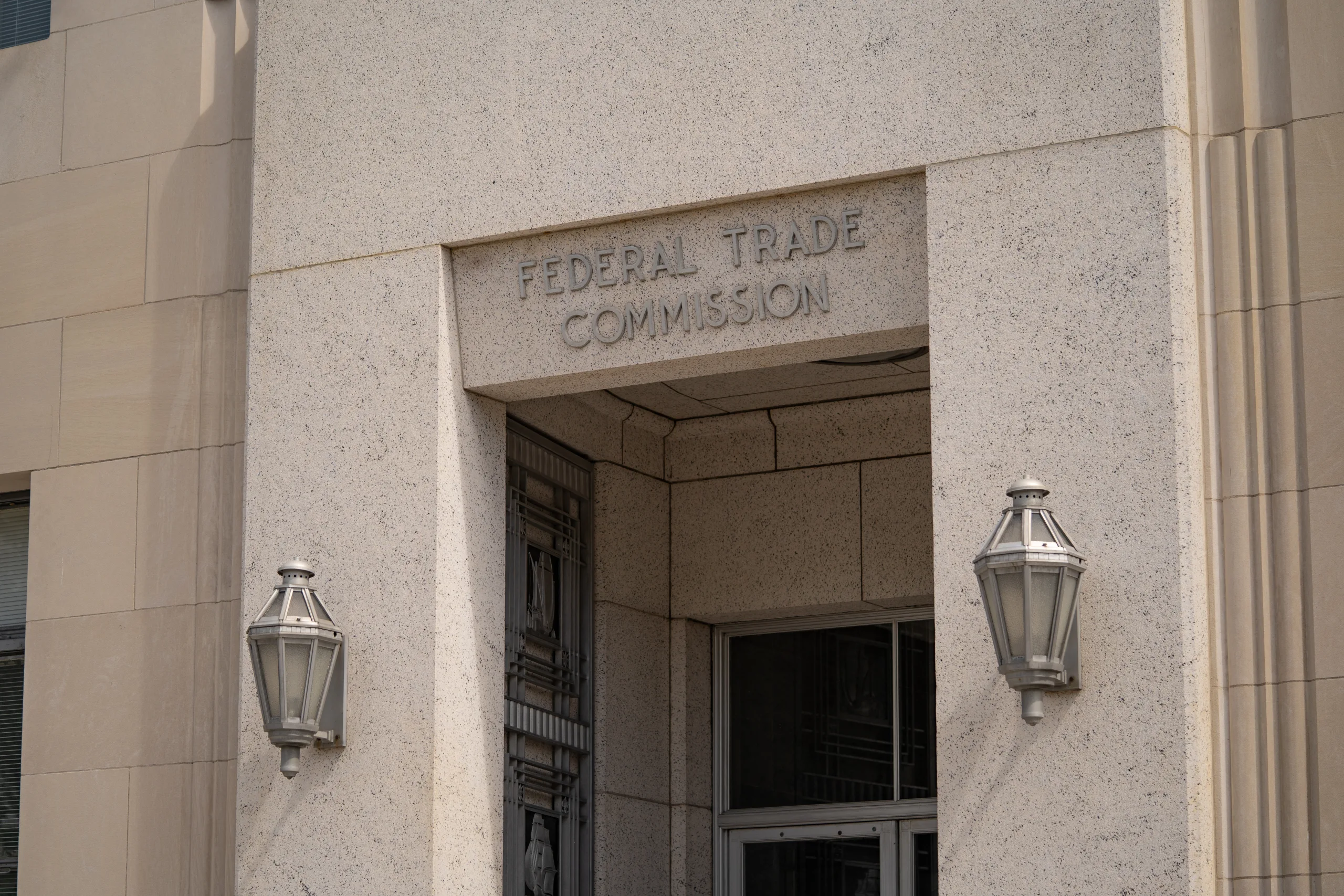What Employers Need to Know Now!
On April 23, 2024, the U.S. Federal Trade Commission (FTC) voted to finalize and promulgate a final rule banning essentially all employment non-compete agreements, which will affect a large majority of workers subject to them.
The FTC defined non-compete clauses to mean a term of condition of employment that prohibits, prevents or penalizes a worker from working for a different person or entity after the end of employment, or operating a business in the U.S. after the conclusion of the employment relationship. Significantly, non-solicitation of an employer’s clients or employees is not explicitly covered by the ban.
Timing: The final rule will be published in the Federal Register on May 7, 2024 and has an effective date of September 4, 2024.
Scope: The rule will ban all new non-competes after the effective date. This ban applies to all workers, including “senior executives.” Existing non-competes will only be allowed to remain in place for certain “senior executives” after the effective date. “Senior executives” are employees who earn more than $151,164 annually and are in a policy-making position (e.g., CEO, President or other officer with policy-making authority). All other non-competes are retroactively banned as of the effective date.
Exclusions: There are a few specific exclusions to the final rule. The ban on non-compete agreements will not apply: (1) in connection with the sale of a business entity, regardless of ownership stake percentage; (2) in franchisee-franchisor relationships (note: the rule will apply to employees who work at franchises); (3) with certain non-profit organizations that are not subject to the FTC’s jurisdiction.
In addition, if a cause of action related to a non-compete agreement arose prior to the effective date, employers may still pursue appropriate remedies for a violation even after the effective date.
Employer Notice Requirement: By the effective date of September 4, 2024, employers are required to notify those workers subject to a non-compete agreement that it is an unfair method of competition to enforce (or attempt to enforce) a non-compete clause and that by the effective date, the worker’s non-compete clause will not be (and cannot be) legally enforced against them. Model language is provided for in the final rule to meet this notice requirement, which constitutes a safe harbor if utilized. There are four identified methods to deliver the notice to workers.
State Law: The final rule will supersede South Dakota state law, to the extent that the SD state statute §53-9-11 permits or authorizes an employer to engage in conduct that the final rule deems unlawful (i.e., non-competition with the employer).
Legal Challenges to Rule Commenced: The U.S. Chamber of Commerce has already sued to block the rule, focusing on the FTC’s authority and whether the FTC exceeded that authority by promulgating such an expansive substantive rule. In addition, a complaint was filed in a Texas federal court alleging that the FTC lacks authority to issue rules defining unfair methods of competition.
As a result of these legal challenges, it would not be surprising to see the rule struck down or put on hold. Also, employers should keep in mind that appeals take time, so the legal battle could drag on into 2025 or beyond.
Next Steps for Employers: Employers are well advised to begin preparing for implementation and enforcement of the final rule. Employers should:
- Prepare a list of all workers (and former workers) subject to a current non-compete agreement.
- Conduct an audit of existing agreements (including those with former workers), analyzing the potential impact of the new rule on them and weighing the costs and benefits of revising them (versus not revising them).
- Review current non-solicitation, non-disclosure and other restrictive covenants (if written too broadly, these covenants could be deemed unenforceable).
- Track new non-competes going forward.
- Prepare to issue a notice to all workers subject to a current non-compete agreement.
- Strategize regarding alternatives to non-competes, with an eye toward employee retention.
- Ensure confidentiality and non-disclosure agreements are in place, so that employer trade secrets, confidential and proprietary information is protected from improper use and disclosure.
- Engage with your attorney/legal adviser for ongoing advice and counsel.
Lynn Jackson attorneys will continue to monitor important developments in this arena – and stands by ready to assist in navigating the new rule and the employment, business and legal implications for employers.
